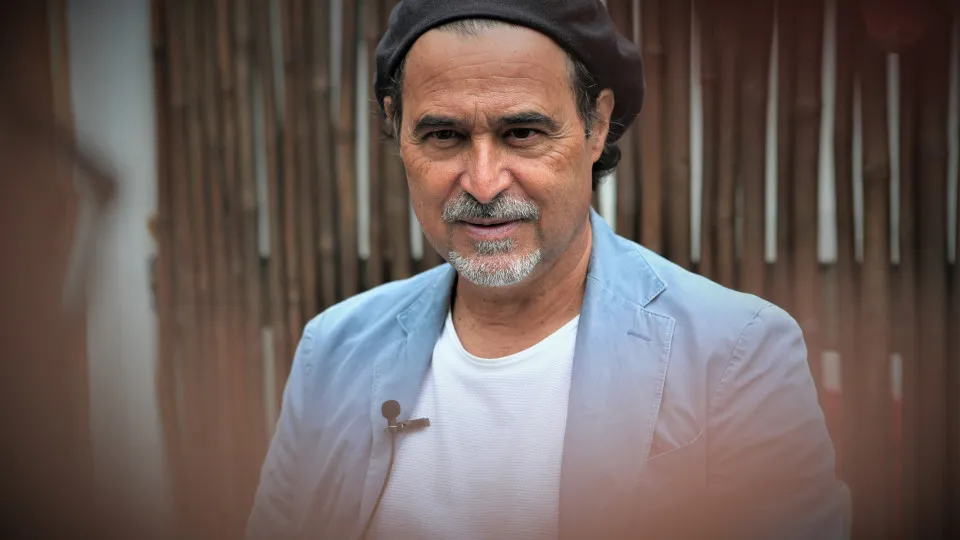
A Portuguese immigrant in Canada, whose deportation was ordered six years ago for his involvement in the murder of a McMaster University mechanical engineering student in Hamilton, Ontario, now has a renewed opportunity to regain his permanent resident status in the country.
Luís Carlos Rebelo was initially convicted of manslaughter in 2017 and sentenced to more than eight years in prison over his involvement in the group attack on Tyler Johnson, which also brought about his deportation to Portugal.
Tyler Johnson was shot dead in Hamilton, Ontario, in the early hours of November 30, 2013, during a brawl with a group that included Luís Carlos Rebelo.
The murder occurred in front of the Vida La Pita restaurant, located at the corner of King Street West and Caroline, west of Hess Village.
Although the fatal shot was fired by another member of the group, not by Luís Carlos Rebelo, the police described the murder as a “coordinated attack carried out by multiple suspects,” including the Portuguese national.
Three other men—Chad Davidson and brothers Brandon and Joshua Barreira—were convicted of murder in connection with Tyler Johnson’s death.
Luís Carlos Rebelo, now 38, was sentenced in 2017 to eight years in prison for his role in the 30-year-old student’s murder.
Two years later, in 2019, the Portuguese native, who has been living in Canada since the age of three—35 years in total—and was a “permanent resident,” was deemed “inadmissible due to serious criminality.” This led to a deportation order under the Immigration and Refugee Protection Act, which precludes appeals for convictions exceeding six months in prison.
After a successful appeal that overturned the initial conviction, in 2022, Luís Carlos Rebelo was only convicted of “aggravated assault,” which carries a sentence of less than six months.
Despite this, the Immigration Appeal Division (IAD) denied an appeal against his deportation in 2023, citing lack of jurisdiction. Rebelo argued he was left in “limbo,” without the right to work or access provincial healthcare. On October 29 this year, Federal Court Judge Christine Pallotta overturned the IAD’s refusal, deeming it “unreasonable” for ignoring legal precedents that restore appeal rights after criminal annulments.
The case is now returned to the IAD for reconsideration, offering Luís Carlos Rebelo new hope of staying in Canada.
The case has generated substantial controversy. Some argue that Rebelo should remain in Canada, as he has lived there since the age of three, was properly documented, and has been cleared of murder charges. Others, however, call for his deportation, considering the prolonged debate “unacceptable.”
In The Winnipeg Sun, conservative politician Kevin Klein argued, “Deportation must mean deportation, not debate.”
“The Canadian judicial system did its job—the trials were conducted and sentences were pronounced. Rebelo, who at the time was a permanent resident, was convicted and his deportation was ordered under the Immigration and Refugee Protection Act for a serious crime. That should have closed the case,” Klein stated.
It remains to be seen what will ultimately happen to Luís Carlos Rebelo and whether he will be deported to Portugal.




